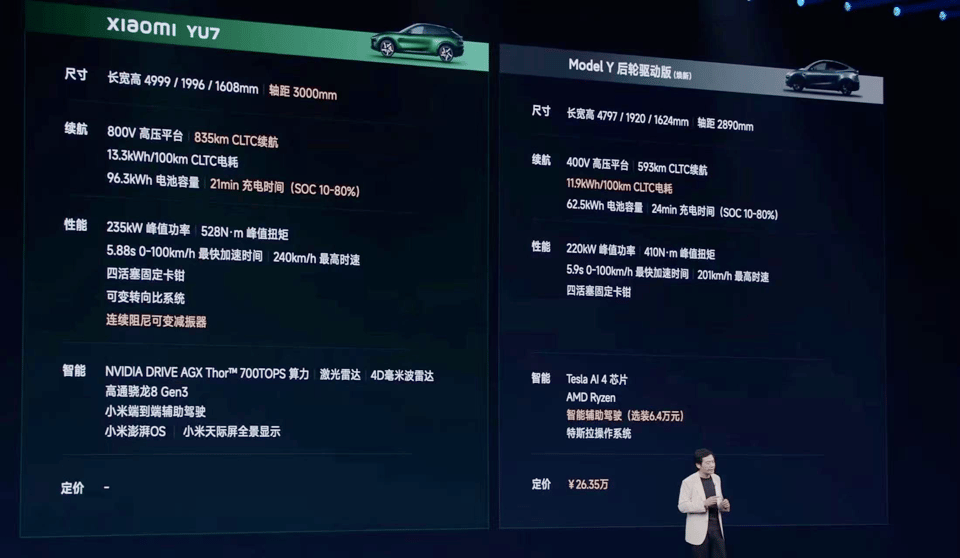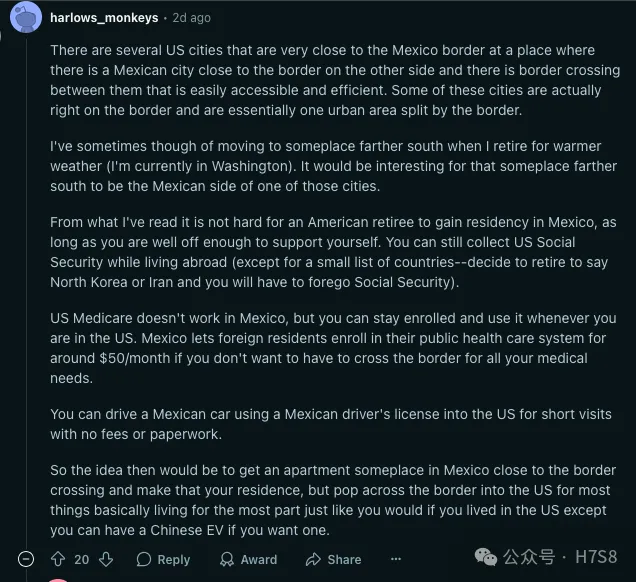The Frustration of Being Shut Out: From iPhone to EVs
As a groundbreaking product, the iPhone was launched in 2007, directly ushering in the era of smartphones. At that time, buying an iPhone in China was not easy. My first iPhone was purchased in 2010, the year the iPhone officially entered China through a partnership with China Unicom. Unlike today, where you can buy an unlocked phone, back then you had to subscribe to a Unicom plan. I remember the monthly plan fee was around 200 yuan ($30). To own an iPhone 4, which was the best phone in the world at the time, I, a China Mobile user, signed a two-year contract with China Unicom.
I was certainly not among the first. Some avid Apple fans managed to acquire the first iPhone through various channels when it was released. Back then, the iPhone couldn't replace the SIM card, making it quite inconvenient to use, but this didn't deter consumers' enthusiasm.
Living in a constantly developing economy, it's undoubtedly frustrating if one cannot enjoy the fruits of technology within their means.
Just over a decade later, Americans are now experiencing similar frustration. They cannot buy the best electric vehicles (EVs) in the world. And unlike phones, these large items cannot be obtained and used through illicit channels.
For a long time, American consumers have enjoyed the best products in the world, regardless of whether those products were manufactured in the United States. This was taken for granted because the U.S. has the highest GDP in the world, and its consumers certainly deserve to enjoy the best goods, whether they are phones, computers, or cars.
Today, Americans face an awkward dilemma: they cannot buy the best EVs in the world. In a few more years, the qualifier "electric" won't even be necessary, because the best cars of the future will undoubtedly be electric.
A few years ago, Americans could still buy the best EV in the world: Tesla. Several years have passed, and Tesla is still Tesla, but it can no longer be called the best EV in the world because China's EV development has been incredibly rapid. In just six months, newer and better EVs are launched.
What remains for Tesla is its brand premium, and even that premium is slowly eroding due to Elon Musk's poor performance. Some Chinese EVs at similar price points, precisely because they don't enjoy the same brand premium as Tesla, have already surpassed Tesla in performance—every single one of them. Because they are not Teslas, they wouldn't sell at all if their performance didn't exceed Tesla's.
These brands include the popular BYD, NIO, XPeng, and Li Auto of recent years, as well as lesser-known ones like Avatr, Zeekr, or SAIC IM. Many Chinese people might not have even heard of these brands, let alone Americans, given the comprehensive blockade on Chinese cars in the U.S.

However, just like Chinese electronics enthusiasts who couldn't buy iPhones back then, there are many car enthusiasts in the U.S. who are well-versed in the development of the global automotive industry. Every time they see news about Chinese cars, their frustration deepens, because for a long time to come, no matter how the automotive industry develops, it will have little to do with them. Vehicle road management is much stricter than for phones. Many Chinese car companies have not undergone the necessary compliance tests in the U.S., meaning that even if a Chinese car were smuggled into the U.S., it still couldn't be legally driven on the road.
Some American netizens, in order to experience Chinese EVs, are discussing moving to Mexico, simply because Mexico has a large number of Chinese cars. From Mexico, one can cross the border back into the U.S. and drive for six months without any paperwork. This is one of the few options for experiencing Chinese EVs within the U.S.

Of course, this only applies to a small portion of Americans who are particularly interested in cars. Most Americans have no concept of Chinese cars and wouldn't believe that Chinese cars are significantly better than the cars available in the U.S. (like Toyota or Ford).
Indeed. While Chinese EVs are already better in various aspects compared to other cars, their advantage is not yet overwhelmingly obvious, at least not to the extent of the iPhone versus Nokia. But this is just the beginning. Internal combustion engine technology updates slowly, while EV technology is advancing rapidly. In a few years, Chinese-made EVs will have an overwhelming advantage over other cars (whether internal combustion vehicles or EVs like Tesla).
And American consumers, in a "nation on wheels," are completely shut out of this market. This raises a question: In an era advocating free trade, if the people of the most developed country in the world cannot consume the most advanced automotive products in the world, can that developed country still be called a developed country? If the result of its economic development cannot bring consumer freedom to its citizens, then what is the purpose and meaning of its economic development?
This is the problem the U.S. faces next. Such a problem is not without solutions. For example, it can use policies of ignorance to make its people believe they are the happiest, their leaders are the most correct, and the products they use are the best in the world, while products from other countries, no matter how good, are evil, and so on. This sounds less like the U.S. and more like a country that the U.S. has consistently slandered. However, if the U.S. wants to solve this problem, it is bound to go down this path, and it is already on it.